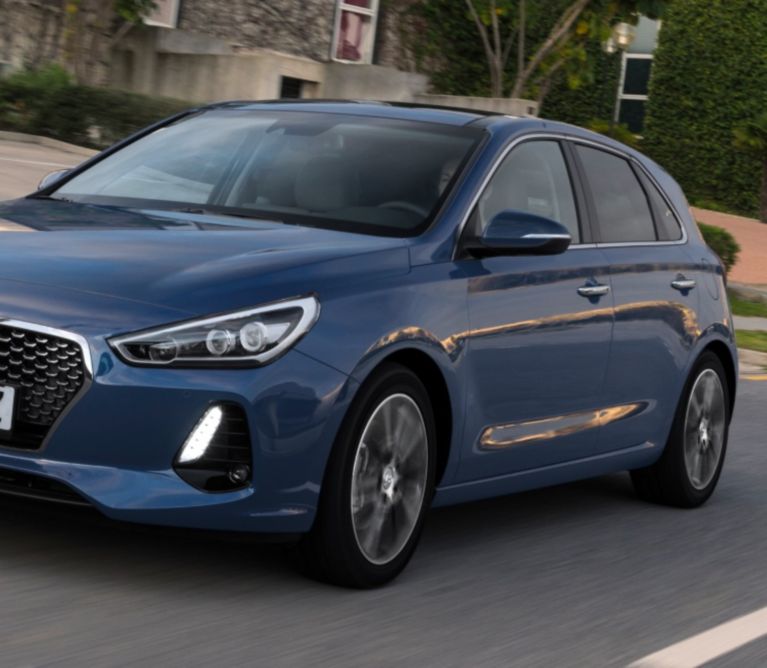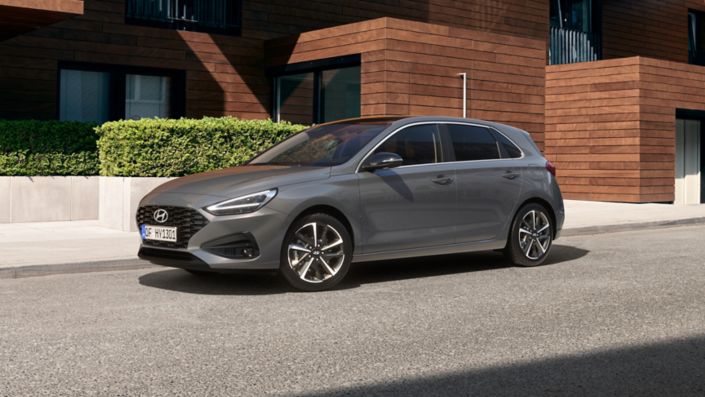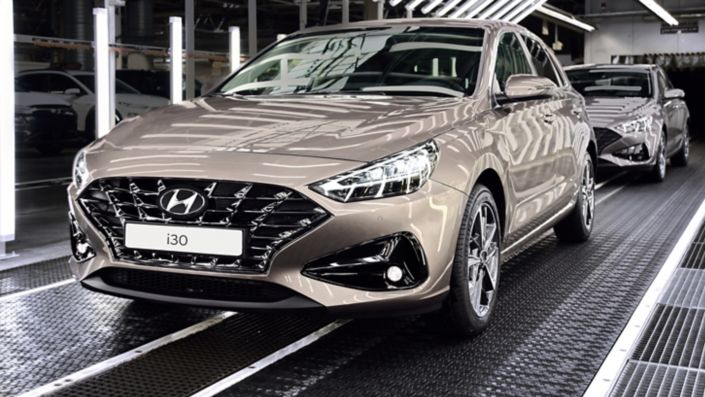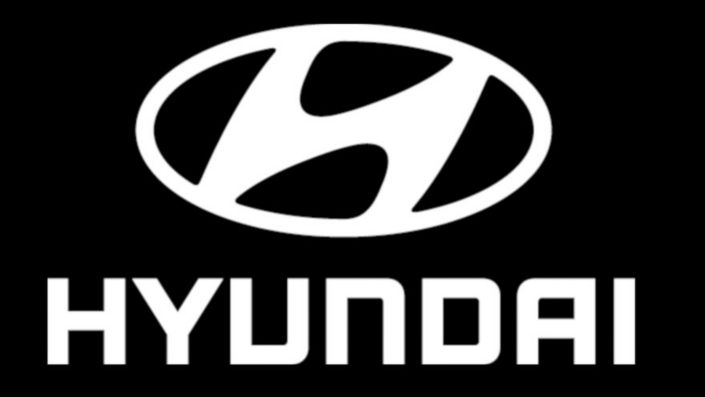- New Generation Hyundai i30 has gained the maximum five-star rating under the new revised rating scheme
- i30 five-door is the first car in its class to be awarded this new score
- Top scores in Adult Occupant, Child Occupant, Pedestrian and Safety Assist categories
Press material
-
Download
-
Images
Hyundai Motor’s i30 has gained the maximum five-star safety rating from the independent vehicle assessment organisation Euro NCAP.
This result underlines the success of Hyundai’s approach to democratise advanced safety technologies and features across its i30 range. The New Generation i30 achieved top scores in the categories Adult Occupant, Child Occupant, Pedestrian and Safety Assist, demonstrating that the i30 five-door is one of the safest and best equipped vehicles in its segment.
The five-star safety rating from Euro NCAP for the i30 five-door proves our strenuous efforts to provide the latest safety and technology-driven solutions for our customers. We are proud to be the first car manufacturer to receive the five-star rating in this segment under the new revised rating scheme. With its optimal standard safety package, the i30 fulfills the highest customer expectations.
Best standard safety package in its class
With the New Generation i30, Hyundai Motor introduces the latest Hyundai SmartSense active safety and driving assistance technologies. The comprehensive package complies with the highest European safety standards: Autonomous Emergency Braking (AEB) with Front Collision Warning System and Pedestrian Detection, Advanced Smart Cruise Control, Blind Spot Detection, Driver Attention Alert, Rear Cross Traffic Alert, Lane Keeping Assist System, Speed Limit Information Function and High Beam Assist.
The Euro NCAP test results highlighted in particular the AEB system, including the Front Collision Warning System and Pedestrian Detection, an advanced i30 active safety feature that alerts drivers to emergency situations, with automatic braking if required.
In addition, the Euro NCAP awarded top marks to the Lane Keeping Assist System (LKAS). The LKAS alerts the driver during unsafe actions at speeds over 60 km/h by monitoring the car’s position. The system sounds an alarm before the car crosses white, grey or blue lines as well as Botts' dots on the road, while the LKAS warns the driver both audibly and visually before inducing corrective steering to guide the driver back to a safe position.
A new feature in a Hyundai Motor vehicle is the Driver Attention Alert, a driver protection feature which helps monitor driving patterns in order to detect reckless or fatigued driving and prevent potential accidents. The system analyses various vehicle signals, such as steering angle, steering torque, vehicle’s position in the lane and driving time. In addition, the driver can adjust a user-selectable setting for the system’s sensitivity. If the system detects inattentive driving patterns, an audible signal and message on the instrument display panel alert the driver.
Designed, developed, tested and manufactured in Europe, the New Generation i30 is Hyundai Motor's DNA car in Europe. It represents the core of the Hyundai brand, making superior quality, state-of-the-art connectivity and the optimal standard safety package accessible to everyone.
Consumption Data*
Gasoline Engines
1.4 MPI (100 PS): Fuel consumption combined: 5.6 - 5.4 l/100 km; urban: 6.8 - 6.6 l/100 km; extra-urban: 4.9 - 4.8 l/100 km; CO2 emissions combined: 130 - 126 g/km
1.0 T-GDi (120 PS): Fuel consumption combined: 5.0 - 4.5 l/100 km; urban: 5.8 - 5.4 l/100 km; extra-urban: 4.6 - 4.0 l/100 km; CO2 emissions combined: 115 - 103 g/km
1.4 T-GDi (140 PS): Fuel consumption combined: 5.5 - 4.8 l/100 km; urban: 6.6 - 5.9 l/100 km; extra-urban: 5.0 - 4.1 l/100 km; CO2 emissions combined: 125 - 109 g/km
Diesel Engines
1.6 CRDi (95 PS): Fuel consumption combined: 3.8 - 3.6 l/100 km; urban: 4.1 – 4.0 l/100 km; extra-urban: 3.6 - 3.5 l/100 km; CO2 emissions combined: 98 - 95 g/km
1.6 CRDi (110 PS): Fuel consumption combined: 4.1 - 3.4 l/100 km; urban: 4.4 – 3.8 l/100 km; extra-urban: 3.9 - 3.2 l/100 km; CO2 emissions combined: 109 - 89 g/km
1.6 CRDi (136 PS): Fuel consumption combined: 4.1 - 3.8 l/100 km; urban: 4.4 - 4.2 l/100 km; extra-urban: 3.9 - 3.6 l/100 km; CO2 emissions combined: 109 - 99 g/km
*Depending on trim and tyre specifications











